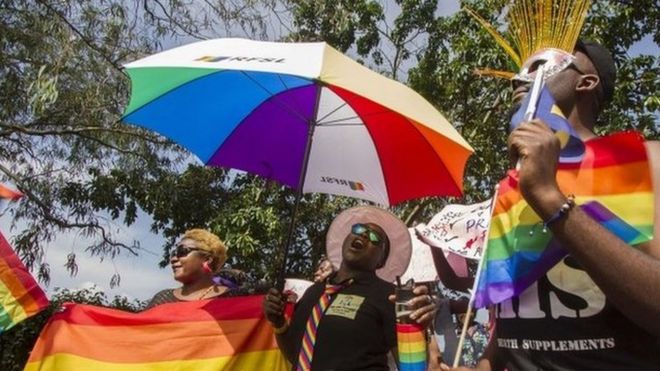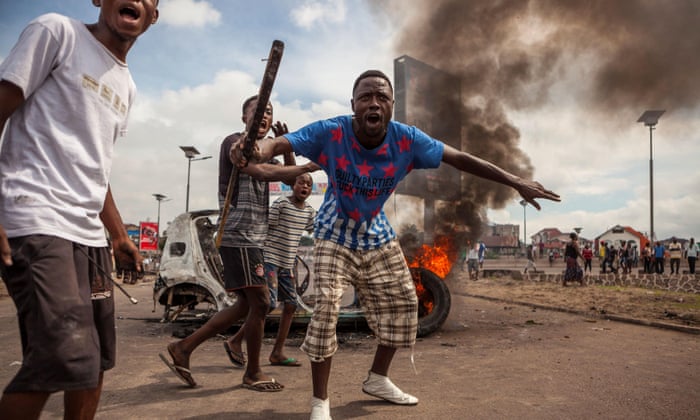by Portia K. Skenandore-Wheelock
Impunity Watch Reporter, North America
UNITED STATES — The United Nations Working Group of Experts on People of African Descent has released their final report based on a visit to the United States in January. A five-member group chaired by Filipino law professor Ricardo A. Sunga III made the trip to evaluate the human rights situation of African Americans. The report concludes that “Contemporary police killings and the trauma that they create are reminiscent of the past racial terror of lynching” during the 19th and 20th centuries and calls on the government to do more to protect its citizens. The Equal Justice Initiative, a non-profit organization, reported in 2015 that 3,959 black people were killed in lynchings between 1877 and 1950.
The report has been released while two days of protests and a riot over the shooting of Keith Scott are taking place in Charlotte, North Carolina. Last Friday another incident occurred in Tulsa, Oklahoma where an officer fatally shot an unarmed black man.

The report states, “the legacy of colonial history, enslavement, racial subordination and segregation, racial terrorism and racial inequality in the United States remains a serious challenge, as there has been no real commitment to reparations and to truth and reconciliation for people of African descent. Impunity for state violence has resulted in the current human rights crisis and must be addressed as a matter of urgency.” The UN group says these killings go unpunished due to a number of factors. The initial investigations are often conducted by the police departments where the alleged perpetrators are employed, prosecutors have wide discretion over the charges, and the use of force is only subject to domestic standards, not to international standards.
The UN group recommends that the US create a national system to track excessive use of force and killings by law enforcement officials, end racial profiling, and have federal and state laws that recognize the negative impact of enslavement and racial injustice. The report finds education accompanied by acts of reconciliation key to improving race relations and the trust between African Americans and law enforcement officials. The report is being debated at the UN Human Rights Council on Monday.
For further information, please see:
Mint Press News – UN: Police Killings of Black Men Are Modern-Day Lynchings – 24 September 2016
PressTV – US Police Killings Redolent of Lynching: Report – 23 September 2016
Reuters – U.S. Police Killings Reminiscent of Lynching, U.N. Group Says – 23 September 2016
RT – Police Killings of Black People Reminiscent of Lynchings – UN Working Group – 23 September 2016



